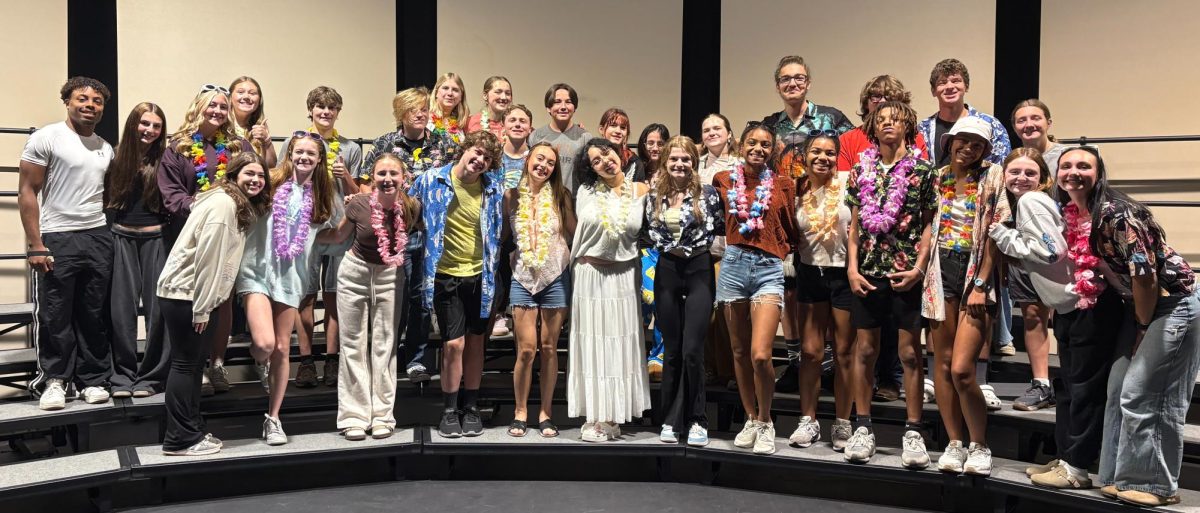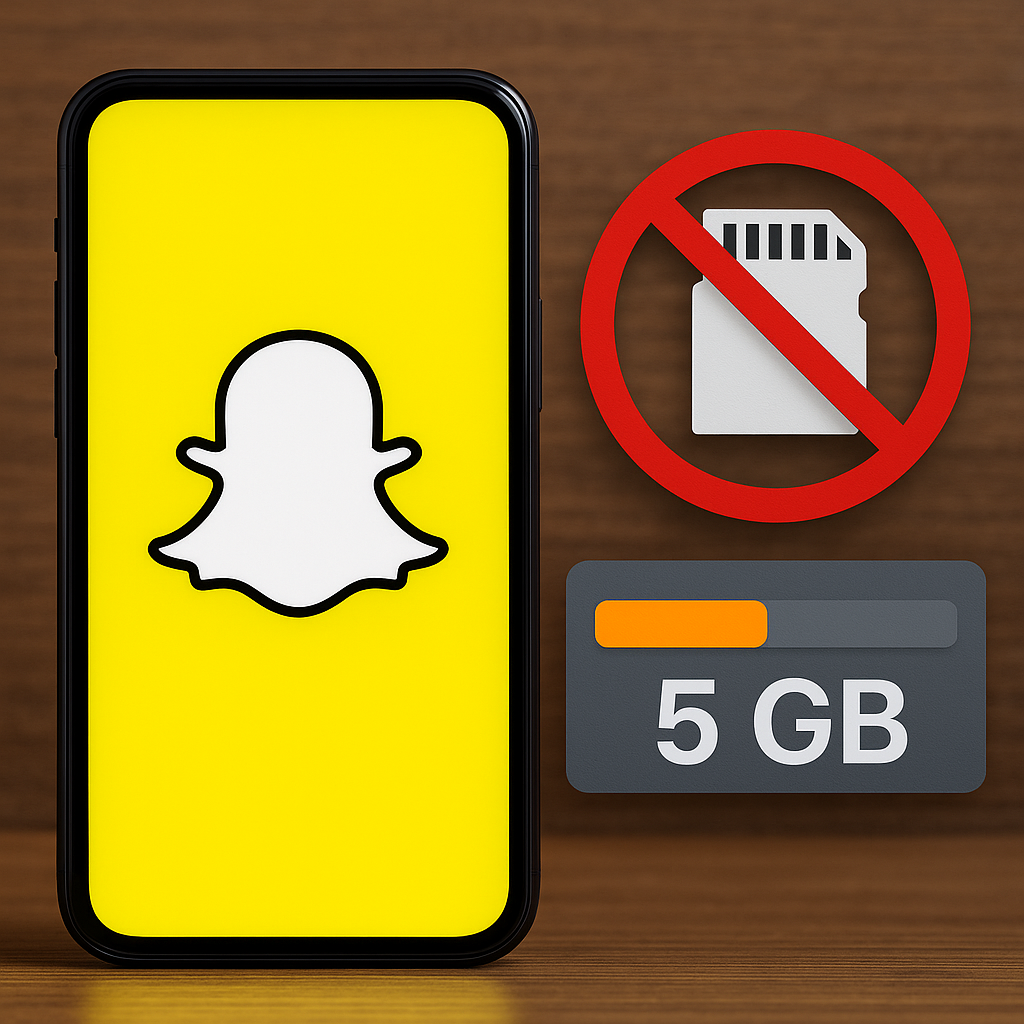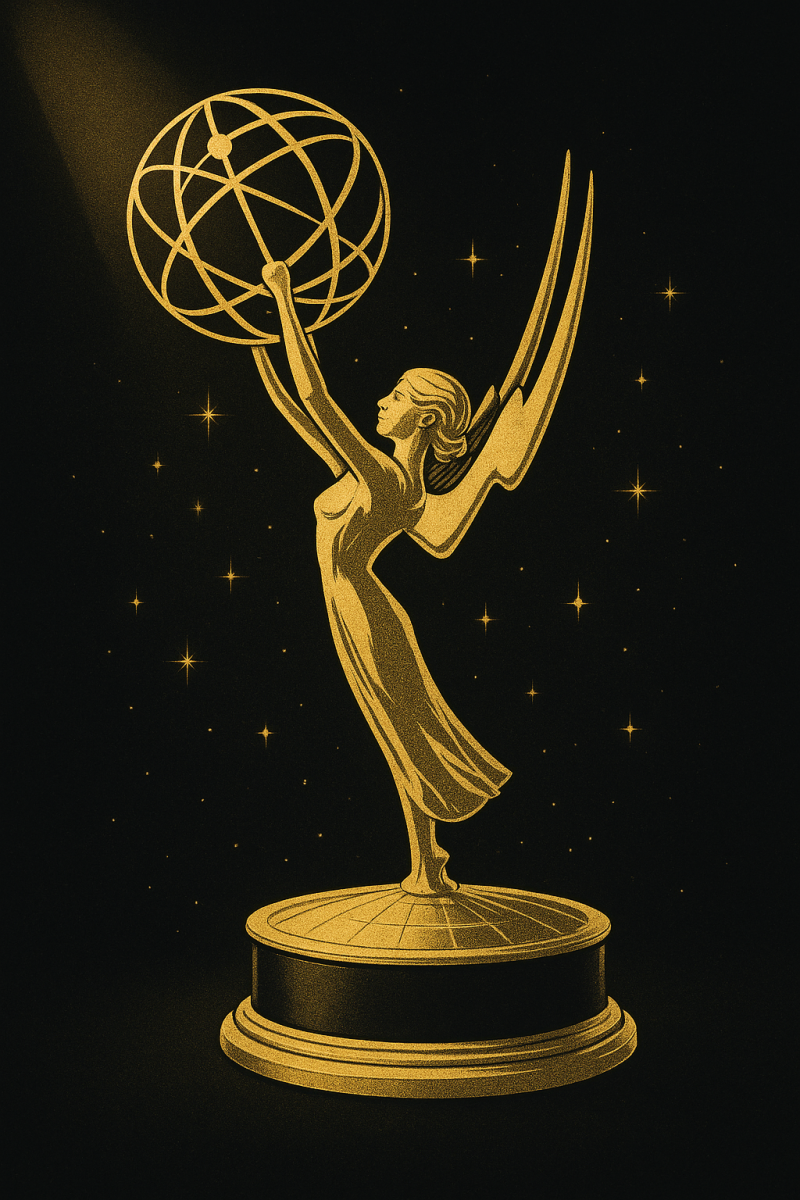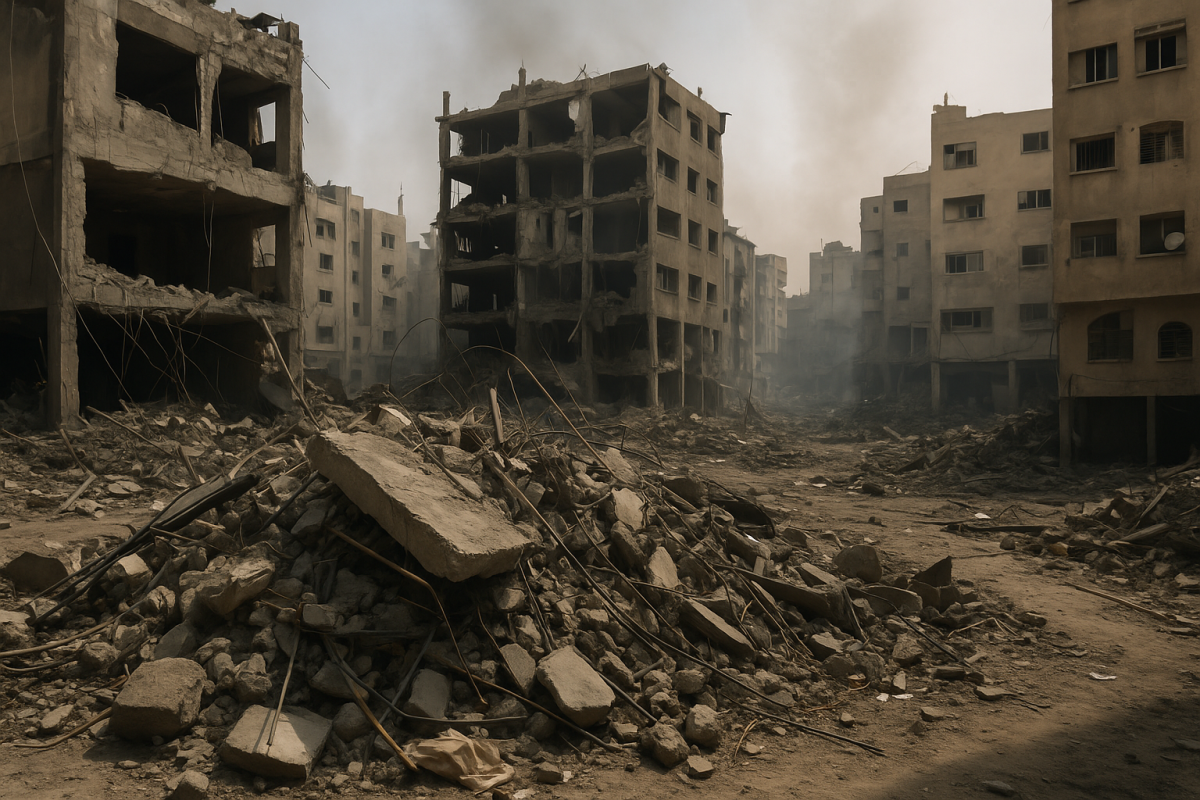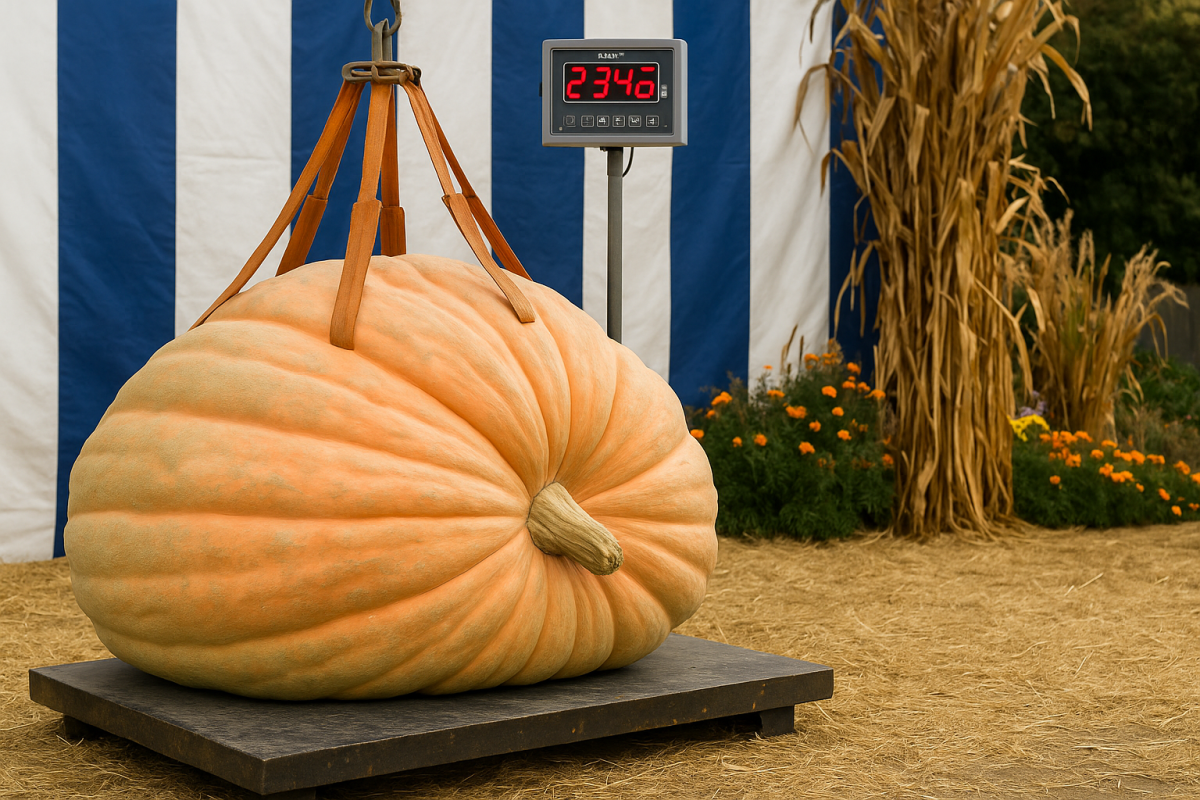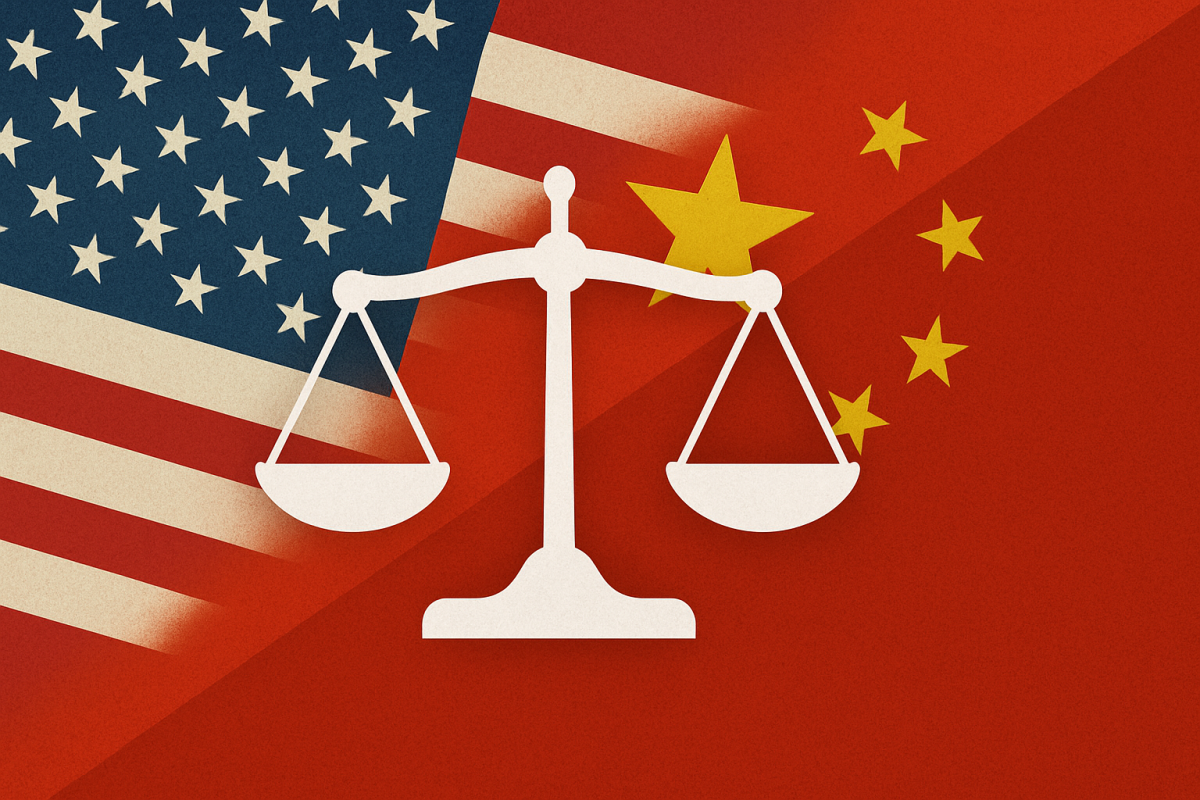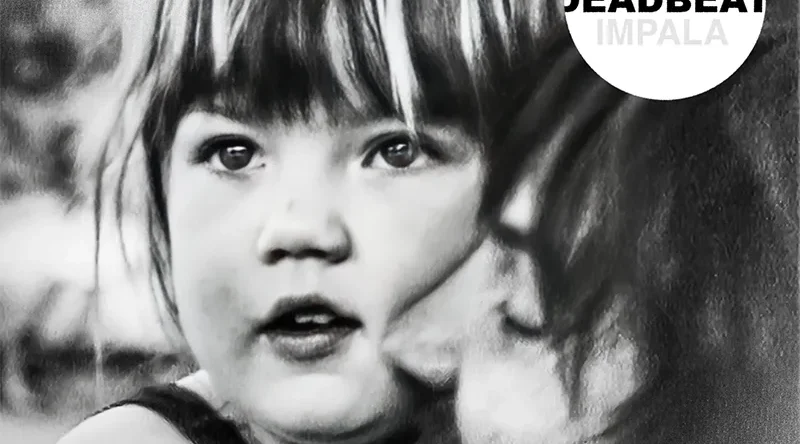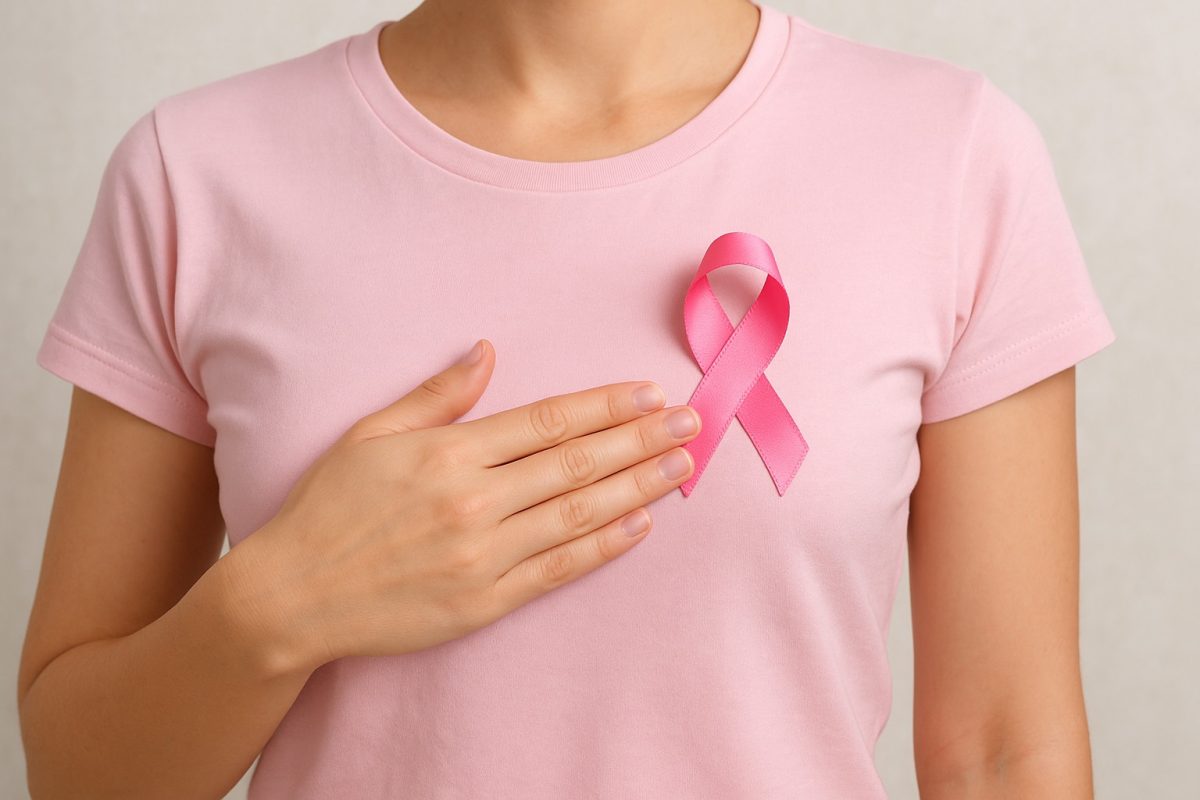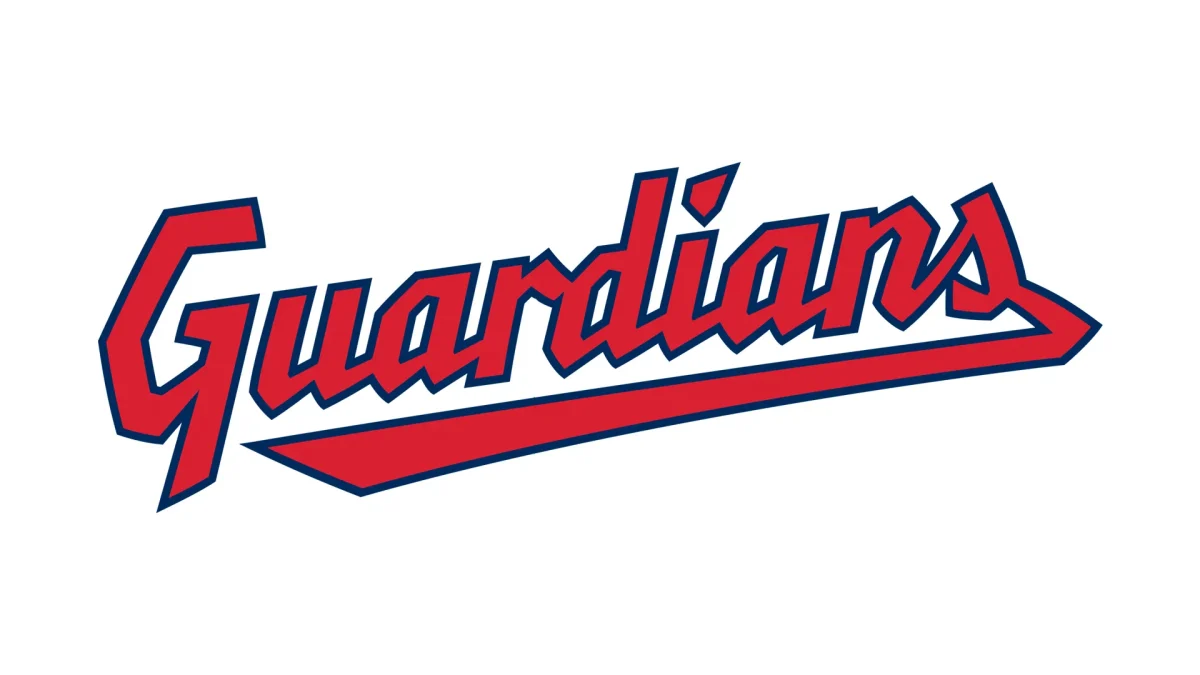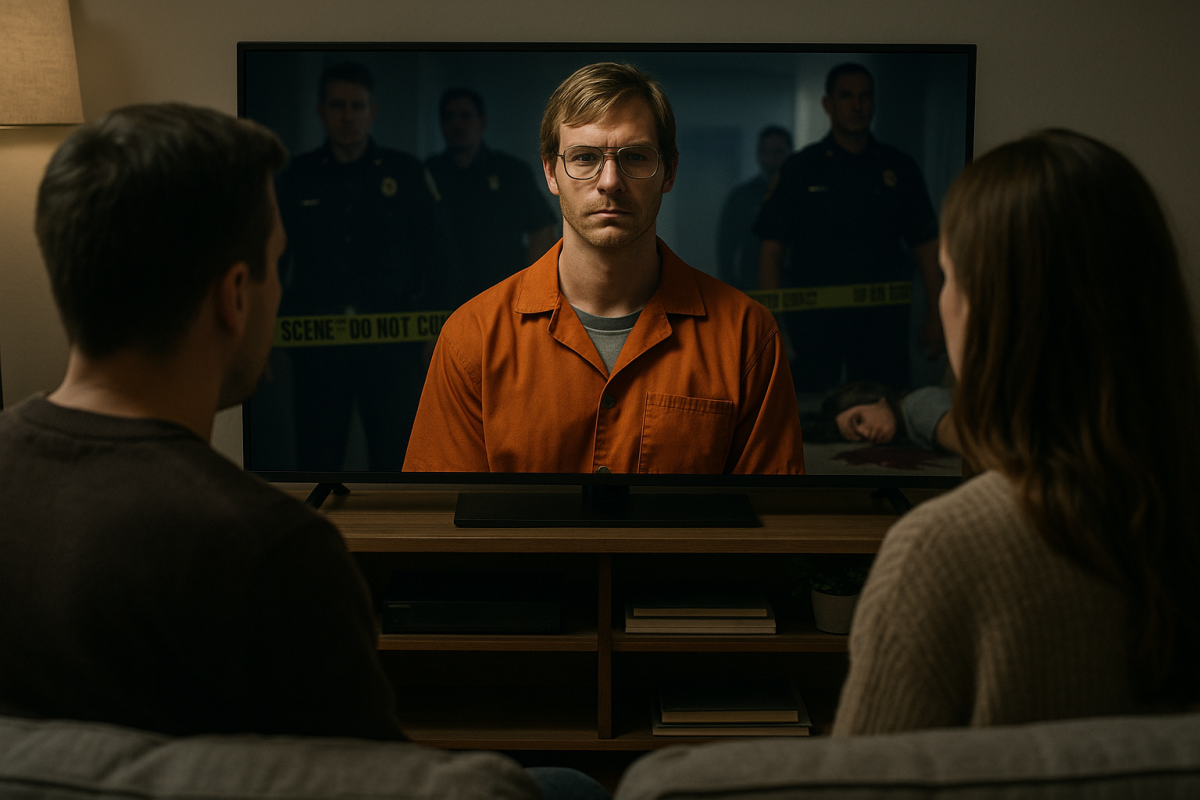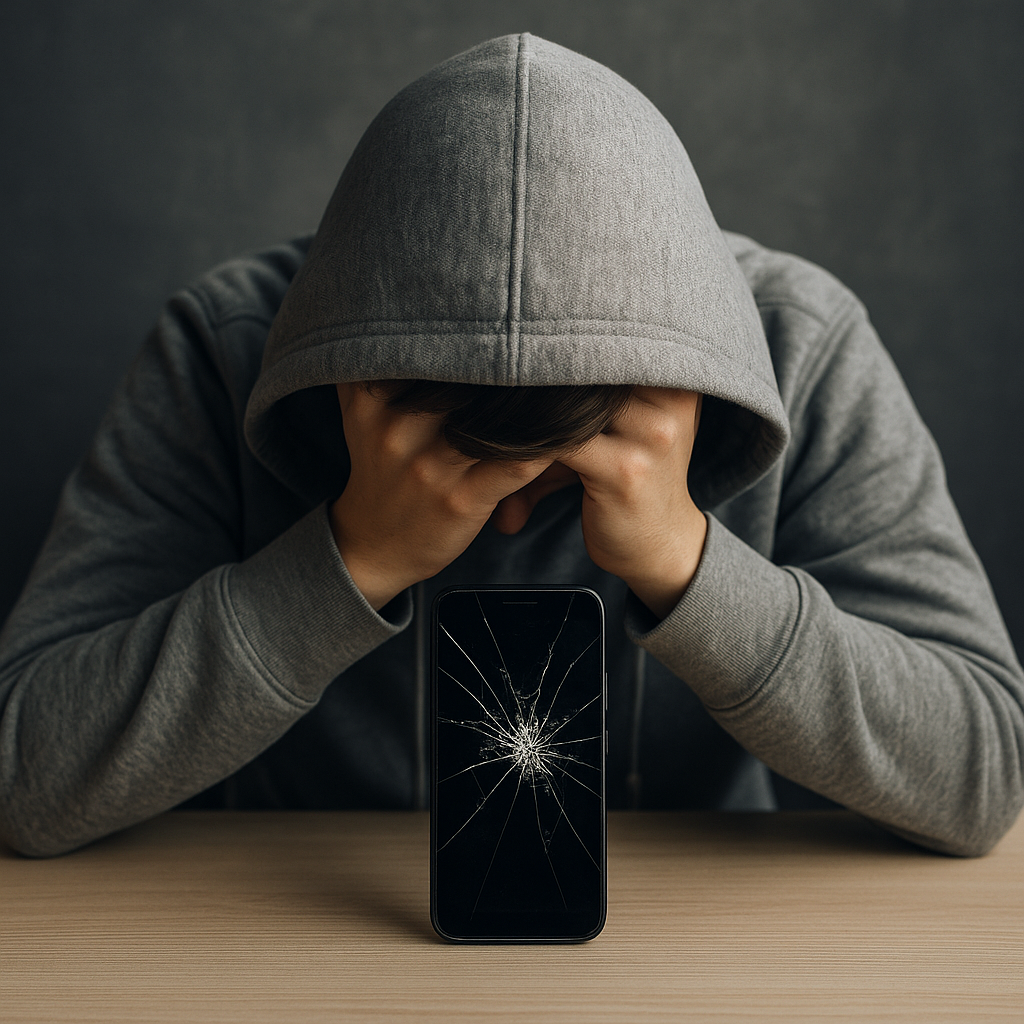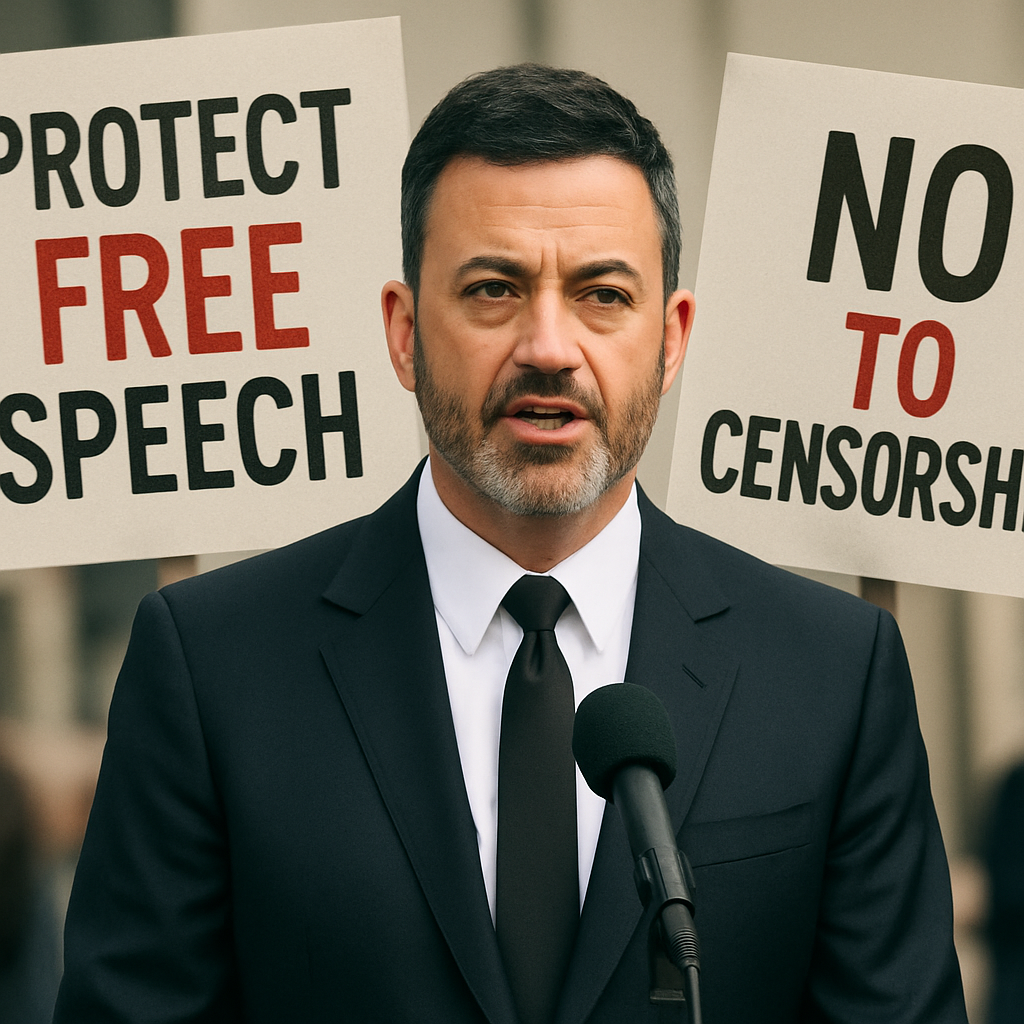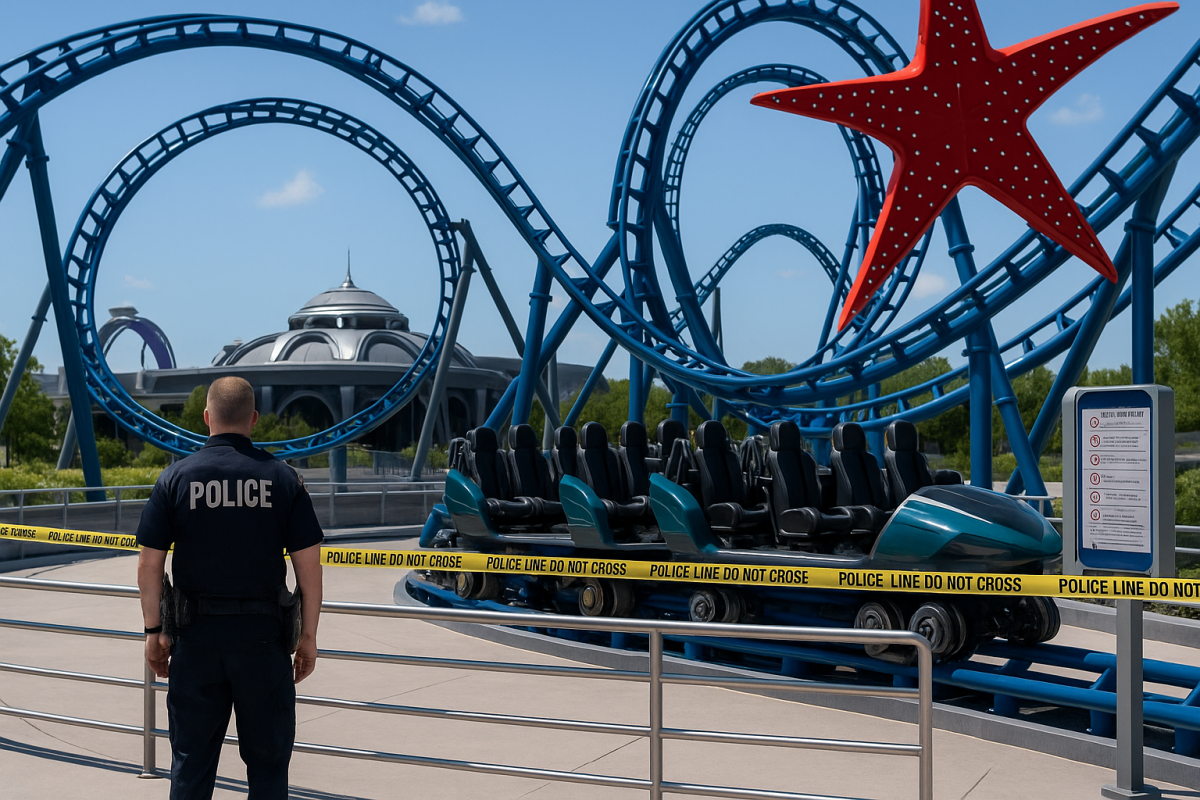Late-night host Jimmy Kimmel recently faced a wave of controversy and a brief show suspension following comments he made about the fatal shooting of conservative activist Charlie Kirk. The situation sparked public debate about free speech, media accountability and the limits of satire.
The controversy began Sept. 15, when Kimmel discussed the shooting on his talk show. During the segment, he criticized President Donald Trump’s directive ordering flags to be flown at half-staff to honor Kirk, who was fatally shot Sept. 9 at Utah Valley University. Kimmel made remarks that some viewers, including members of Trump’s team, considered mocking and insensitive.
Following the broadcast, ABC temporarily pulled “Jimmy Kimmel Live” from its schedule. The network did not specify how long the suspension would last, but the decision prompted public reaction. Supporters argued that Kimmel was exercising free speech, while critics said his comments crossed a line and warranted professional consequences.
Protests and social media discussions followed, with demonstrators using slogans such as “Protect Free Speech” and “No to Censorship.” Others countered that the network’s actions reflected accountability rather than censorship.
Kimmel returned to air on Tuesday, Sept. 23, and addressed the situation during a lengthy opening monologue. He expressed regret over how his remarks were received, paid tribute to Kirk’s death and defended his right to express opinions. He emphasized that “trying to silence discussion is anti-American” and said he hoped to move forward with understanding.
More recently, on Sept. 30, Kimmel invited fellow late-night host Stephen Colbert onto his show. The two discussed their experiences with public backlash and jokingly referred to themselves as “no-talent losers” while reaffirming their friendship.
Though the controversy has quieted, it reignited larger conversations about the role of satire, public figures’ responsibilities and the boundaries between humor and harm in modern media.

